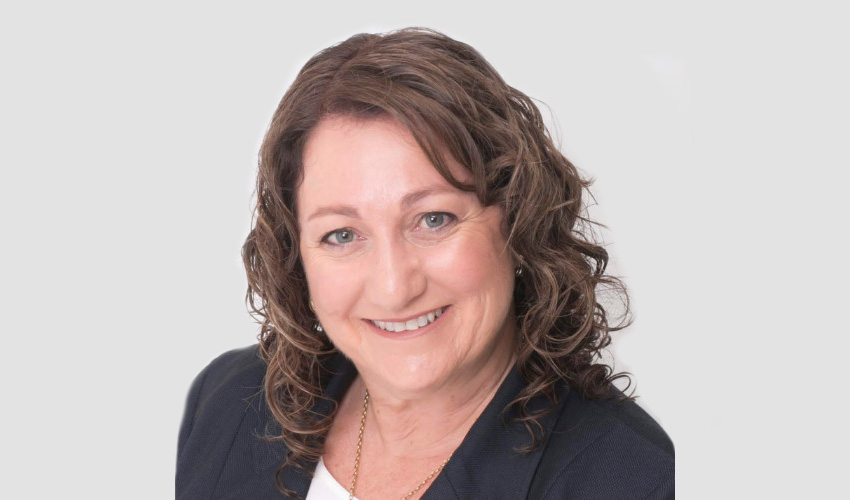Auditors warned on independence threats with partners of client firms
Auditors who are auditing funds for the partners of an SMSF firm as well as their clients have been warned there may be intimidation or self-interest threats which will need to be carefully assessed in the acceptance process.
Speaking in a recent webinar, Accurium head of education Mark Ellem said one particular scenario which could potentially raise threats to independence for SMSF auditors is where the audit firm is undertaking audits for clients of an accounting firm, and they’re also auditing the funds of the partners of that accounting firm.
While the partners’ SMSFs could just be considered to be part of the funds of the accounting firm that the audit firm is auditing, there could some threats to independence, Mr Ellem cautioned.
Mr Ellem said in this sort of scenario, the auditor may need to record evidence and document what their relationship is with that partner and what the fee arrangement is.
Speaking in the same webinar, ASF Audits head of education Shelley Banton said, in this particular situation, there could be intimidation or self-interest threats.
“They need to go through that client acceptance process very carefully and identify those threats to independence,” Ms Banton said.
“You need to evaluate whether they’re at an acceptable level and then address them if they’re not, and if they can’t be reduced to an acceptable level, then obviously decline that engagement.”
If the audit is being done at a special partner rate that’s at a lower rate than all the other clients, she said, then that’s a self-interest threat that needs to be eliminated.
“[They also need to think about whether] they are a close personal friend of the partner. There’s a lot to consider and probably even more to document,” she said.
“At the end of the day, you need to ask yourself: Are you going to hesitate to write up an adverse audit report in this particular situation because the partner may switch their funds to another auditor? And if the answer to that is yes, well, then you need to decline that particular engagement.”
Ms Banton said the audit firm may need to appoint an independent, informed third party to review the audit file and assess any independence issues that exist in the file and come to a conclusion on whether the arrangement is independent.
“You need to have that independence of mind and independence in appearance applied to this, and the only way you can evaluate whether that is or isn’t the case is to actually look at what is in the file,” she said.
The audit planning process is very significant, she said, and does take time.
“To be able to get to the point where you can start the audit, you need to make sure that you’ve ticked all those boxes and answered all those questions correctly and then make sure that you’re able to accept that client and then move onto the audit,” she said.

Miranda Brownlee
Miranda Brownlee is the deputy editor of SMSF Adviser, which is the leading source of news, strategy and educational content for professionals working in the SMSF sector.
Since joining the team in 2014, Miranda has been responsible for breaking some of the biggest superannuation stories in Australia, and has reported extensively on technical strategy and legislative updates.
Miranda also has broad business and financial services reporting experience, having written for titles including Investor Daily, ifa and Accountants Daily.








